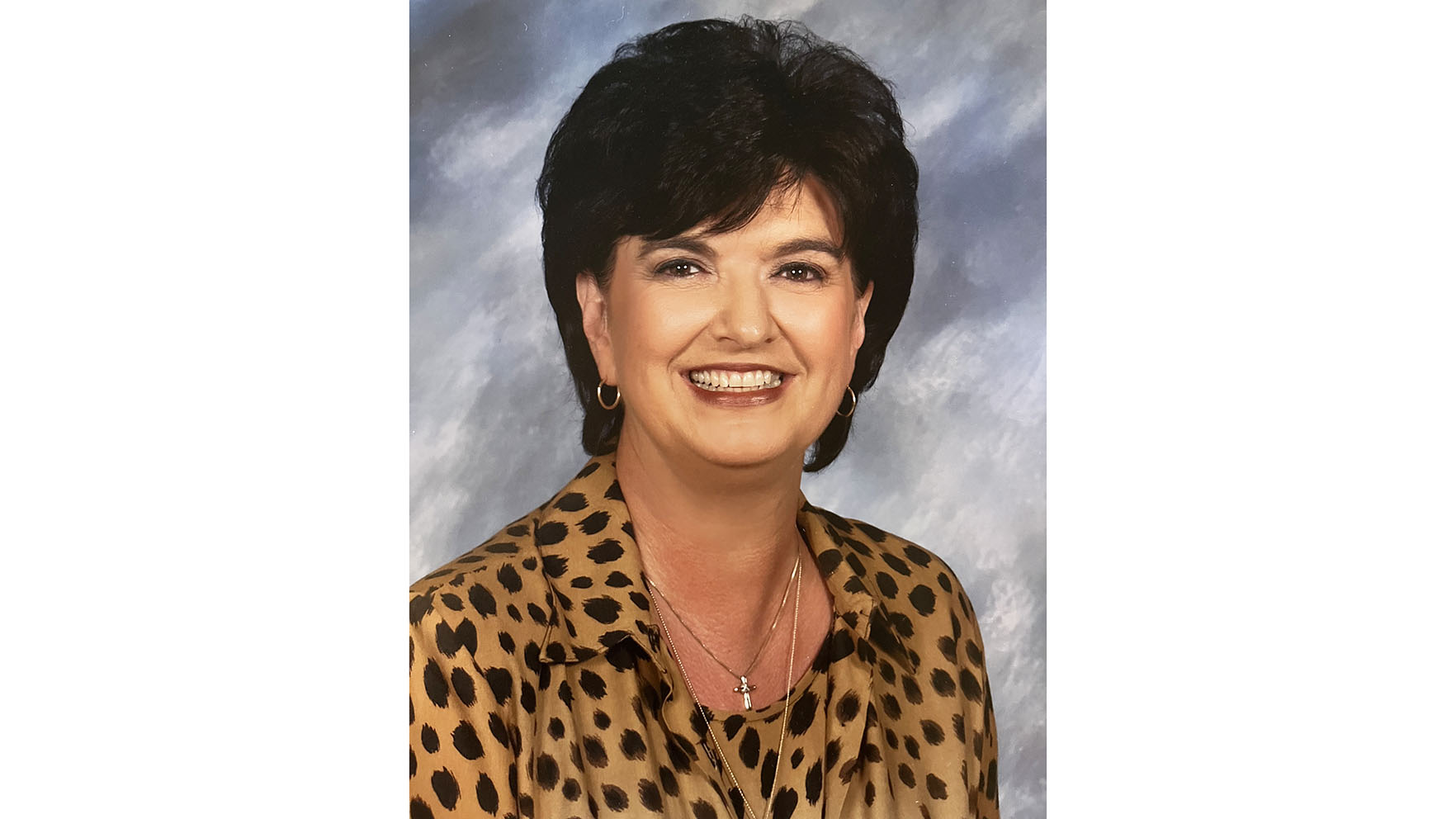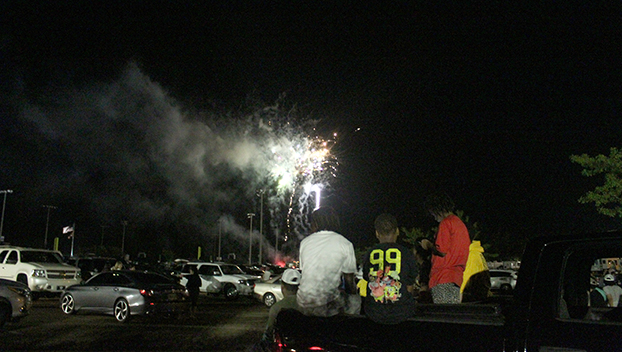We ought to at least know
Published 9:46 pm Tuesday, July 17, 2018
Onize sat next to me at a conference I recently attended. We shared smiles and small talk, and later that evening, plates of pork tenderloin and mac and cheese. Dark eyes shining behind a pair of pink frames, she described undergrad years in Minnesota where she got a degree and her fill of snow. Three days after our introduction, though, Onize boarded a flight that took her straight back home to Africa, nearly 7,000 miles away.
Funny thing, now that I have a Nigerian friend, I listen differently to news coming out of that country. I pay attention to names like Muhammadu Buhari and Boko Haram.
What I’m hearing from Nigeria isn’t good — scorched churches, massacres, kidnappings — all part of an increasingly violent jihad against Christians. It seems there’s a campaign to Islamicize Africa’s most populous nation, one that is expected to surpass U.S. numbers by 2050. No wonder extremist Muslim groups see Nigeria as the prize plumb, the key to Sub-Saharan dominance.
Even so, Nigeria today is a majority Christian nation. But as persecution increases, Nigeria’s government has exhibited a lethargic response to the murders and mayhem, such that some believe leaders like Buhari may be complicit in the situation. American media is playing an interesting role in the drama, too. Major news outlets aren’t interested in covering the story, even though an estimated 6,000 Christians have been martyred there since January.
Bottom line, if you want to stay up on what’s happening in Nigeria, you better dial in to a Christian media outlet.
You could catch a podcast like Monday’s BreakPoint. Divinity school professor Gerald McDermott described what he saw earlier this month in Nigeria as a religious cleansing: “Since 2009, Boko Haram and other radicalized Muslim groups have massacred 20,000 Nigerian Christians, mostly elderly men, women and children. Two million Christians have been displaced.”
You could find a copy of The Voice of the Martyrs June publication, with its cover story, “A Sisterhood of Grief and Comfort.” Deborah, who lost her husband, two daughters, a son, and her home to extremists, is featured. So is Christina, whose arm bears the scar of an attacker’s bullet that killed her 5-year-old daughter, Rejoice.
You could look up WORLD magazine’s story about Dapchi’s last captive. The abduction of 110 schoolgirls at Dapchi, you may recall, did make February headlines, right along with Nigeria’s women’s bobsled team at the Winter Olympics. Few organizations, however, continue to highlight the plight of Leah Sharibu, 15, the only captive yet to be returned. She’s a Christian, and according to the others who were kidnapped, Sharibu wouldn’t recite the words and wear the hijab her Muslim captors tried to force. She wouldn’t recant her faith.
You could take two minutes to scan a June 29 press release calling for help against weaponized Fulani herdsmen. Nigerian church leaders who wrote the document say part of the problem is the way the story is being spun. Unlike the atrocities and attacks of Boko Haram, Funlani violence is often attributed to socio-economic factors – droughts driving herdsmen south, where they clash with villagers over resources. Not so, say church leaders. The actions are specifically directed at Christians in what they call a “pogrom.”
You could study the details of attacks compiled by Open Doors USA in their recent article, “A Dozen Christian Villages in Nigeria Wiped Out in Four-Day Killing Spree.”
And after truly getting up to speed, you could try last year’s wrenching read “Who will protect Nigeria’s northern Christians?” In that Spectator piece, author Douglas Murray condemns an uninterested world community and an uninterested international media. His closing lines describe a morning worship service with a Christian congregation in the city of Jos:
“When we reach the plea to ‘Deliver us from the hands of our enemies’, the closely packed room hums with the literalness of the words. The Christians of Nigeria are alone. Even if we do not care about this, we ought to know.”
Yes, we ought at least to know. And pray. And encourage our political leaders to assert some pressure.
Kim Henderson is a freelance writer. Contact her at kimhenderson319@gmail.com or follow her on twitter @kimhenderson319.





